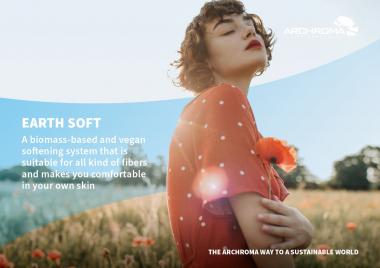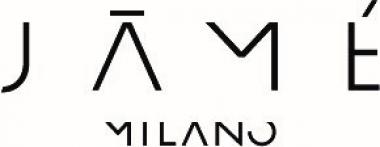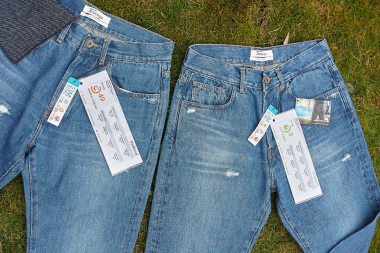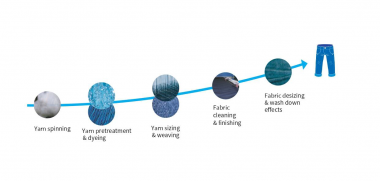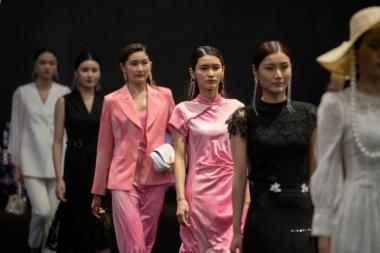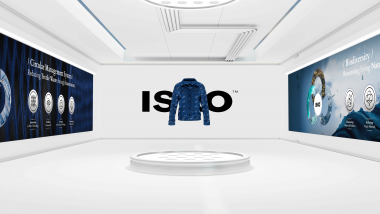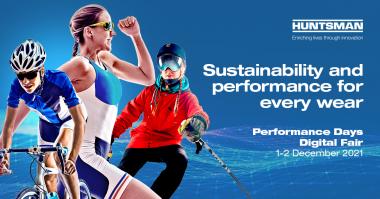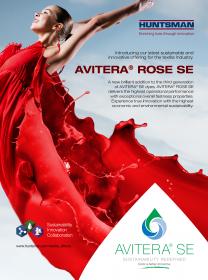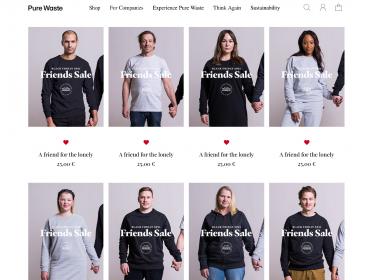Archroma launches a new vegan textile softener
Archroma announced the launch of EARTH SOFT, a new softening system for textile and fashion applications, based on Archroma's latest innovation, a vegan silicone softener, Siligen® EH1, with 35% plant-based active content.
Siligen® EH1 is the latest addition in the plant-based innovations developed by Archroma in recent years, such as EarthColors® dyes and Appretan® NTR binders, as alternatives offered to manufacturers and brands looking to reduce the use of fossil fuel based ingredients without compromising performance.
The range has been developed in line with the principles of “The Archroma Way to a sustainable world: safe, efficient, enhanced, it’s our nature”. More than 35% of the Siligen® EH1 softener's active content is based on plant-based, renewable raw materials. In addition, the product features ultralow cyclic siloxanes (D4, D5, D6) which are classified by the European Chemicals Agency as “Substances of Very High Concern” due to their very persistent and bioaccumulative properties.
Siligen® EH1 is ideally suited for shirts, underwear, sportswear, towels, bed sheets, etc. as it provides an excellent wearing comfort by supporting a good moisture transportation and delivering a smooth and soft touch.
The new softener, and the EARTH SOFT system which also includes a Hydroperm® wicking agent to boost hydrophilic properties on synthetic and blended fibers, can be applied on all natural and synthetic textile fibers.
Siligen® EH1 is suitable for both woven and knitted articles. It can be applied by padding process, as well as by exhaust process as it shows a very good shear stability and a low foaming profile. It can be used on white articles and those treated with optical brighteners, as it doesn’t cause thermomigration nor phenolic yellowing.
Paul Cowell, Head of Competence Centers for Brand & Performance Textile Specialties at Archroma, comments: “The new EARTH SOFT system based on Siligen® EH1 softener adds to our growing portfolio of innovations based on natural and renewable plant-based resources. This new breakthrough innovation by Archroma helps us and our partners in the textile and fashion industry to minimize our dependence on petroleum fossil fuel products.”
Archroma


